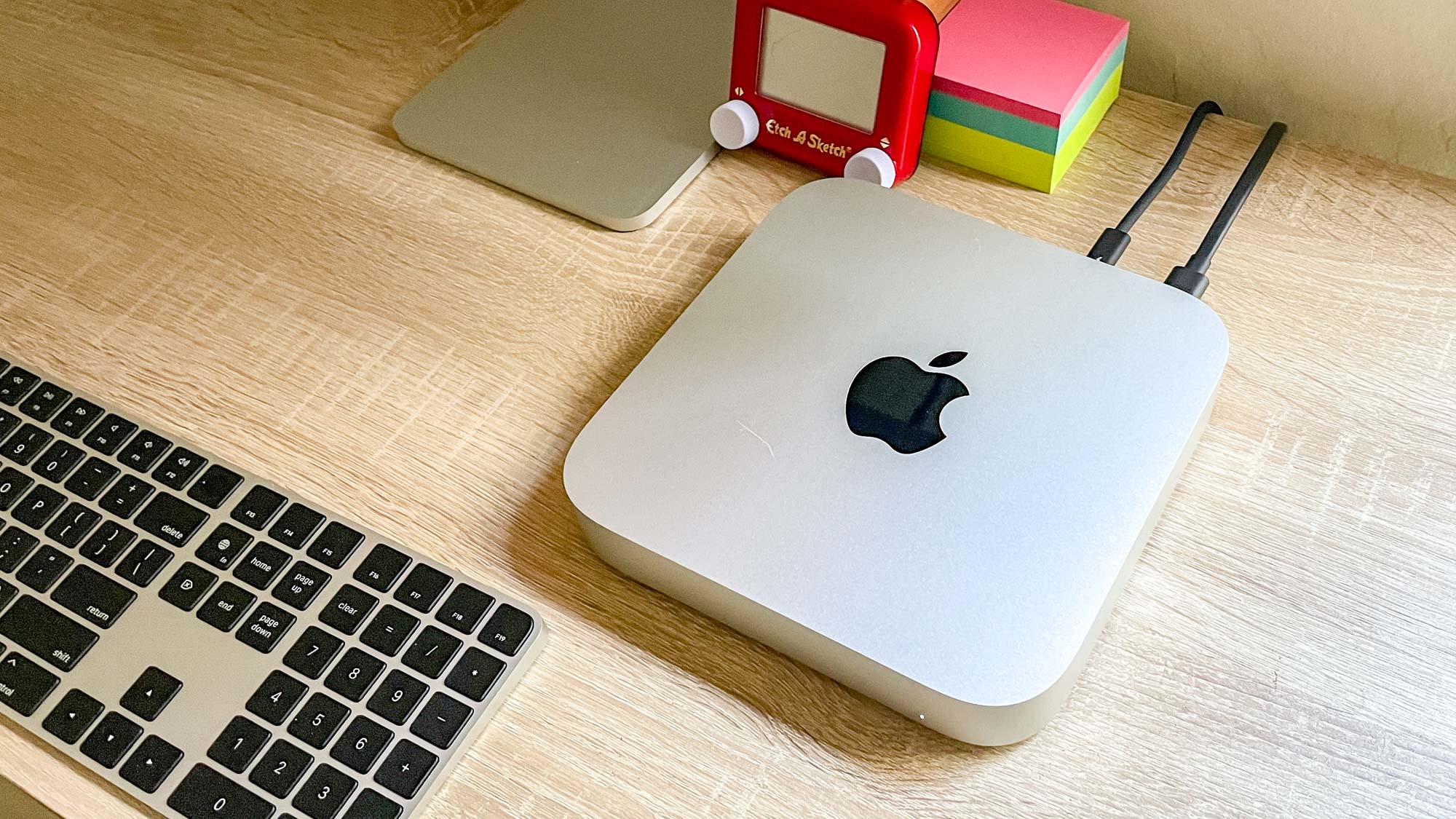
For years, one of the main grumbles about Apple’s otherwise excellent iMacs and MacBooks has been the stingy quantities of RAM included on the cheapest models. While 8GB may be acceptable for some use cases, it’s increasingly showing its limitations with modern software — and with memory soldered onto Apple’s M-series chips, it’s not even something that can be upgraded at a later date after purchase.
But it looks like Apple might finally be raising the starting RAM with its upcoming M4 Macs. In his latest Bloomberg piece, predominantly covering the launch schedule for the upcoming September event, the well-connected reporter mentions ongoing testing of M4 Macs due after the iPhone 16 launch is done and dusted.
Crucially, all four test Macs are listed as being “base-level versions of the M4 chip” and each one features either 16GB or 32GB RAM. That’s notable, because both the M2 Mac mini base model and M3 iMac can only be upgraded to 16GB or 24GB RAM, suggesting a higher starting capacity for the upcoming M4 versions (which will reportedly be smaller than ever, with dimensions rivalling Apple TV).
While it’s possible that Apple has other configurations beyond the testing logs, it does seem a sensible time to upgrade the basic configuration. Apple’s AI implementation — Apple Intelligence — is coming to Macs, and its memory requirements could be significant. And for those ambivalent about AI, it’s also possible that Apple will maintain M2 and M3 models with 8GB RAM as a budget option, if the price is significantly hiked as a result.
The four M4 models are labeled with the identifiers of “16,1”, “16,2”, “16,3” and “16,10”. Three of the test computers have ten-core CPUs with ten-core GPUs, while one low-end version has a total of eight in each. For the former, Gurman writes that it has the same specifications seen in the M4 iPad Pro, with four high-performance cores and six for efficiency. The latter, meanwhile, has four of each.
The fact that all four models are listed as “base-level versions” shouldn’t worry power users. Historically, Apple has staggered the release of Pro, Max and Ultra versions of its M chips, with the M1 Pro and Max arriving 11 months after the base M1, and the high-end M2 chips taking seven months to follow the M2.
That historical data points to high-end versions in 2025, as Gurman believes Apple will stick with its tradition of reserving new Macs for an event separate from the iPhone 16 launch. “Mac updates typically don’t arrive until about a month after the annual iPhone launch,” he writes, suggesting an October event could be on the cards.
As for what specific Macs we’re likely to see, the article points to Bloomberg’s previous reporting on the subject, with a smaller Mac mini, new MacBook Pros and updated iMacs set to take advantage of the M4’s power first.







